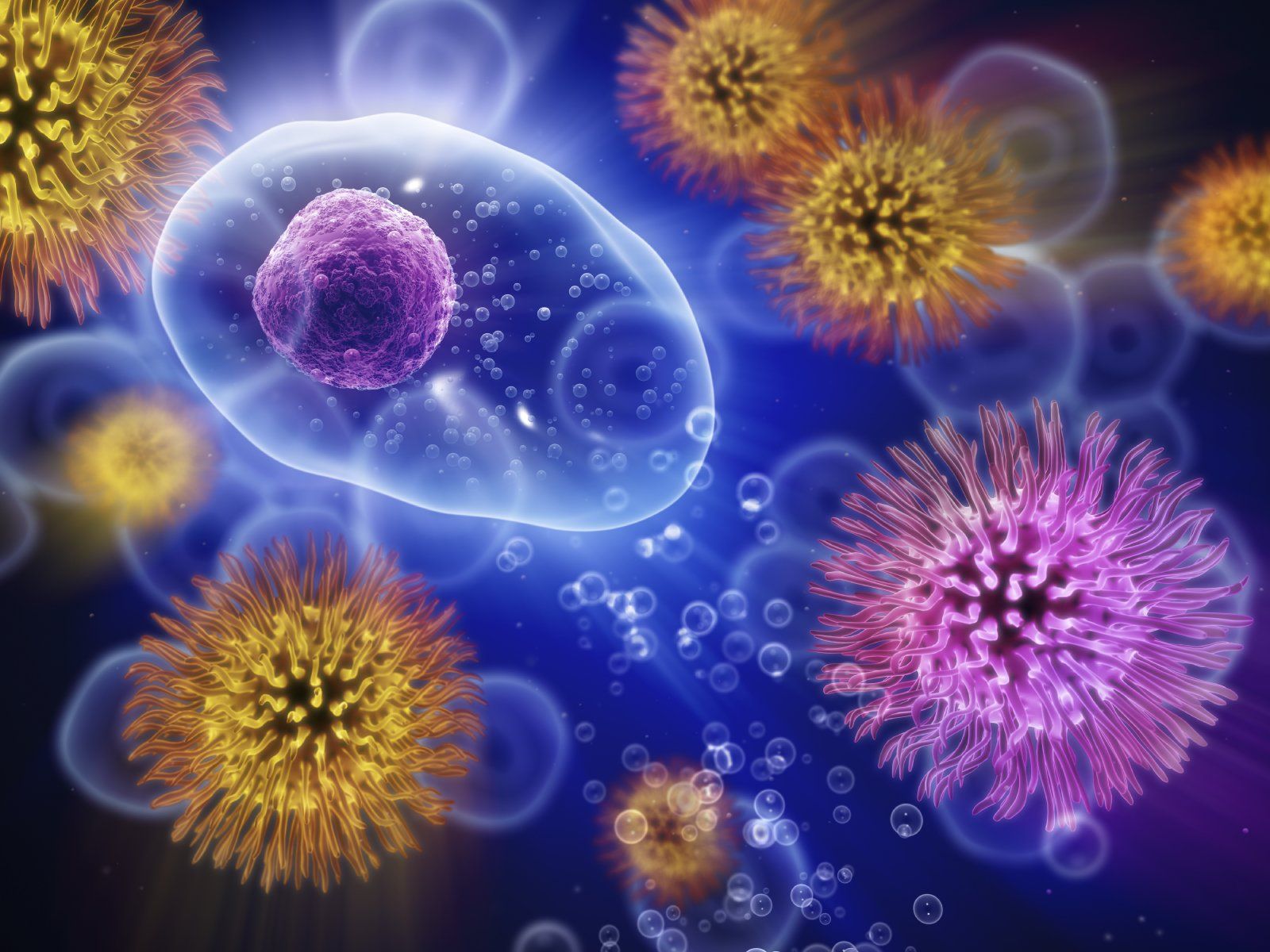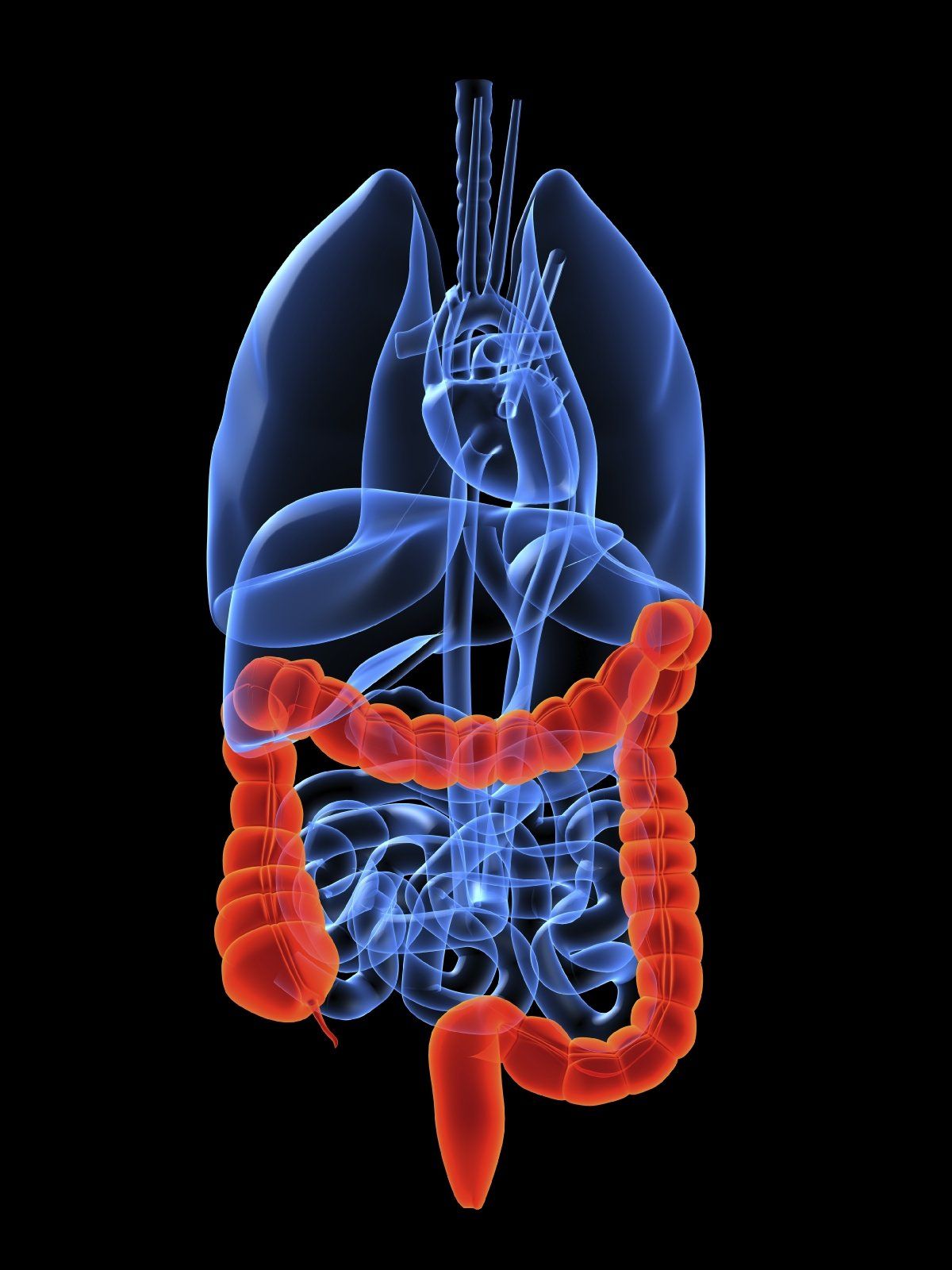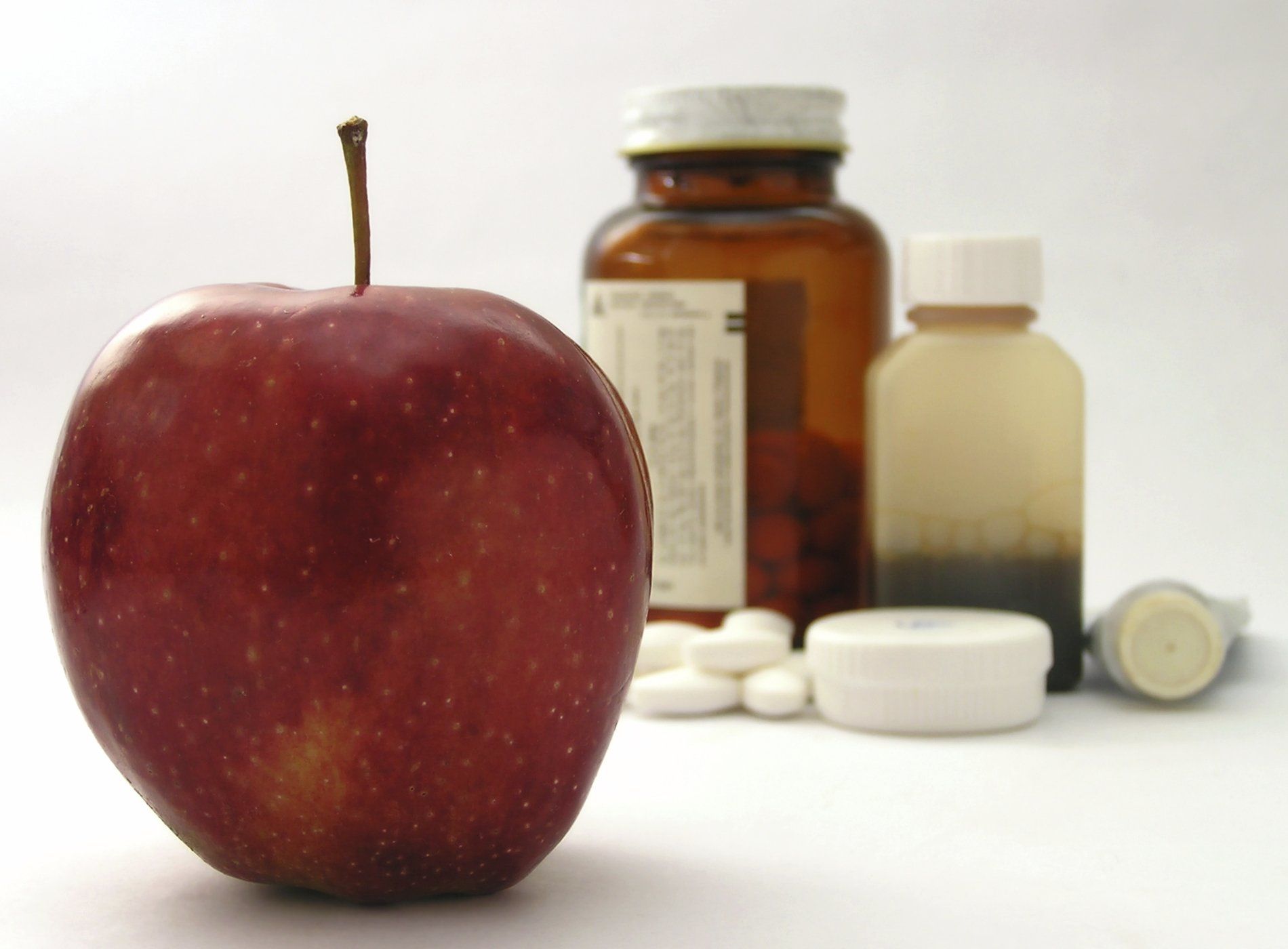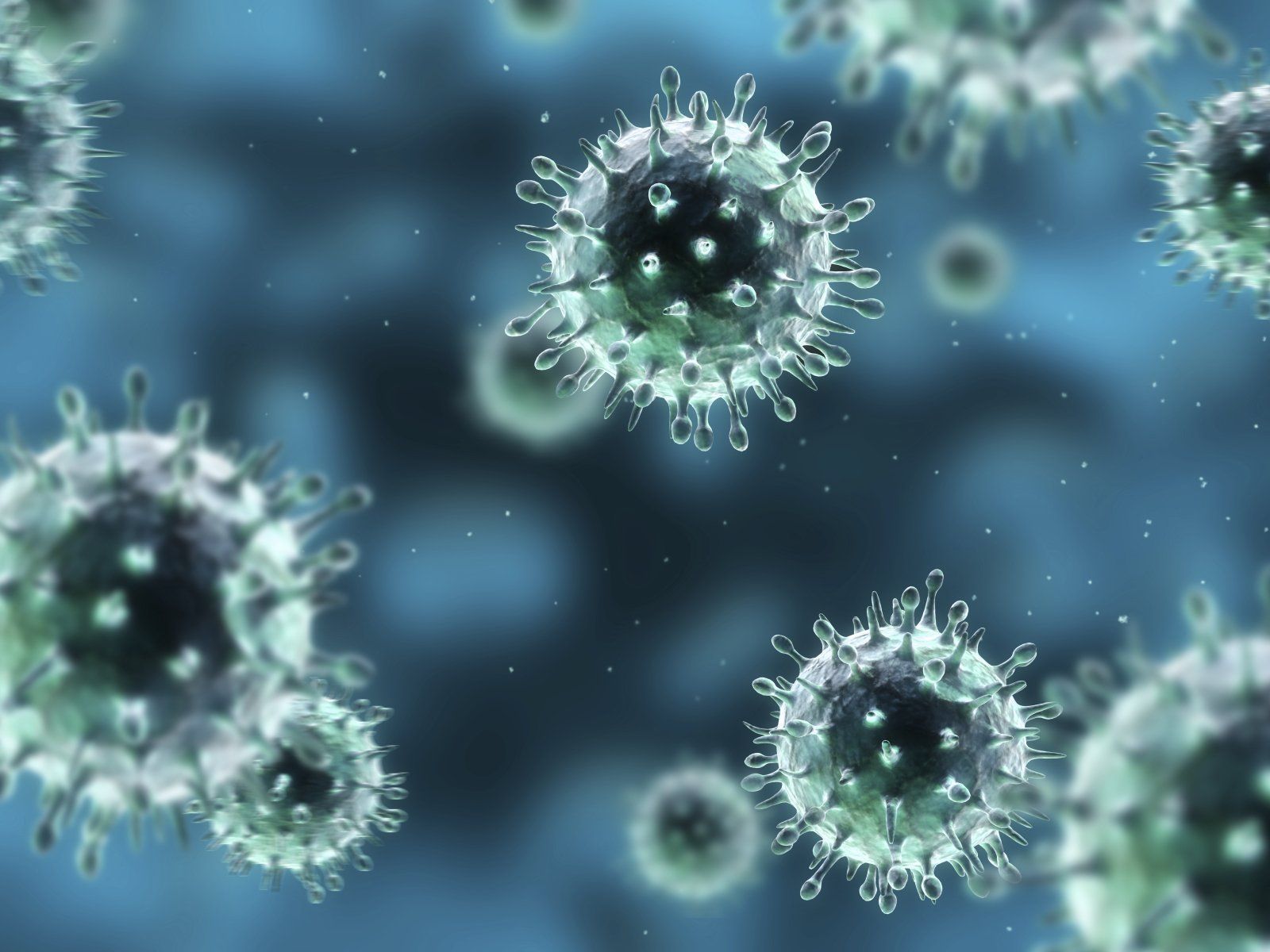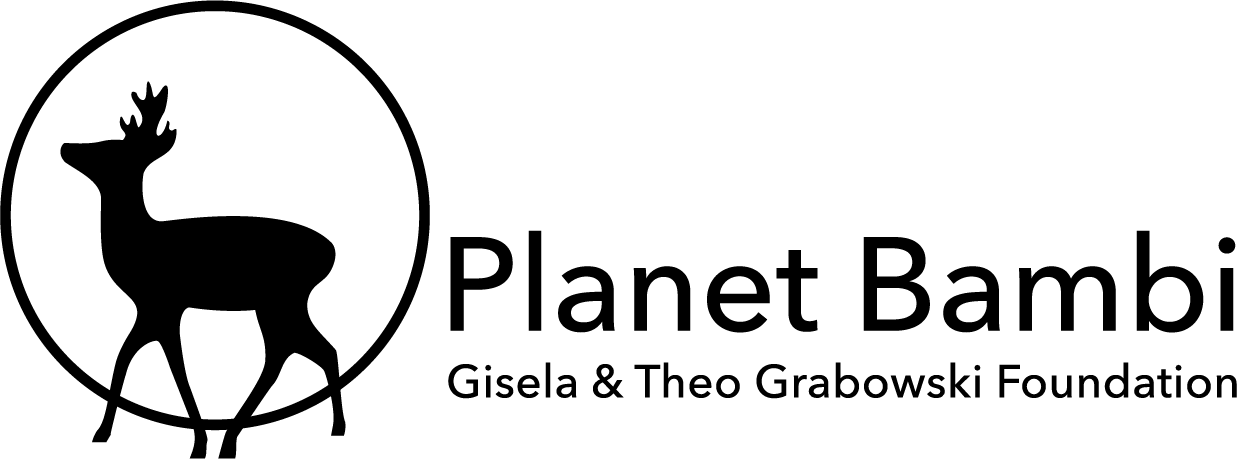4️⃣ HygieneInfectious diseases aremost often by theTransmitted by hands. Regular and thorough hand washing protects!
Germs lurk everywhere...
Viruses and bacteria are found on almost
all surfaces and can be transmitted, for example, on the toilet, when stroking an animal or when sneezing.
Our hands most frequently come into contact with viruses and bacteria (also called germs or pathogens). These germs can then be passed on when shaking hands or touching a doorknob. It is just as dangerous to touch your face with germ-contaminated hands, as the germs can enter the body through the mucous membranes, mouth or nose and cause an infection.
Washing or disinfecting your hands interrupts these transmission routes.
If you cannot wash your hands immediately, you should avoid touching your mouth, eyes or nose with your hands, or eating food with your hands.
Which diseases are caused by which germs?
Certain types of viruses can cause infectious diseases such as the flu, the common cold, measles, mumps, chickenpox, hepatitis, or even meningitis. There are virtually no specific medications against viruses, but some viral infections, such as influenza, herpes, and HIV, can be treated with antiviral drugs. In many cases, these drugs slow the replication of the viruses without completely killing them.
Certain types of bacteria can trigger severe epidemics, such as diphtheria or cholera. Most diarrheal diseases are also caused by bacteria. Bacterial infections can be successfully treated with antibiotics. However, the number of resistant germs that can no longer be treated with antibiotics is increasing rapidly.
Fungal infections primarily occur on the skin and in the oral and gastrointestinal tract. The most common infections include persistent athlete's foot and nail infections. External fungal infections can be successfully treated with appropriate medications. However, combating internal fungal infections is often very difficult or even unsuccessful due to the side effects of the medications.
Source: © Siemens Stiftung 2016. Content licensed under CC BY-SA 4.0 international
How do you protect yourself from transmission?
It is our responsibility to prevent the spread of germs and thus the transmission of diseases through certain hygiene measures. The most important and simplest way to prevent a large number of infections is conscientious handwashing.
Source: © Siemens Stiftung 2016. Content licensed under CC BY-SA 4.0 international





